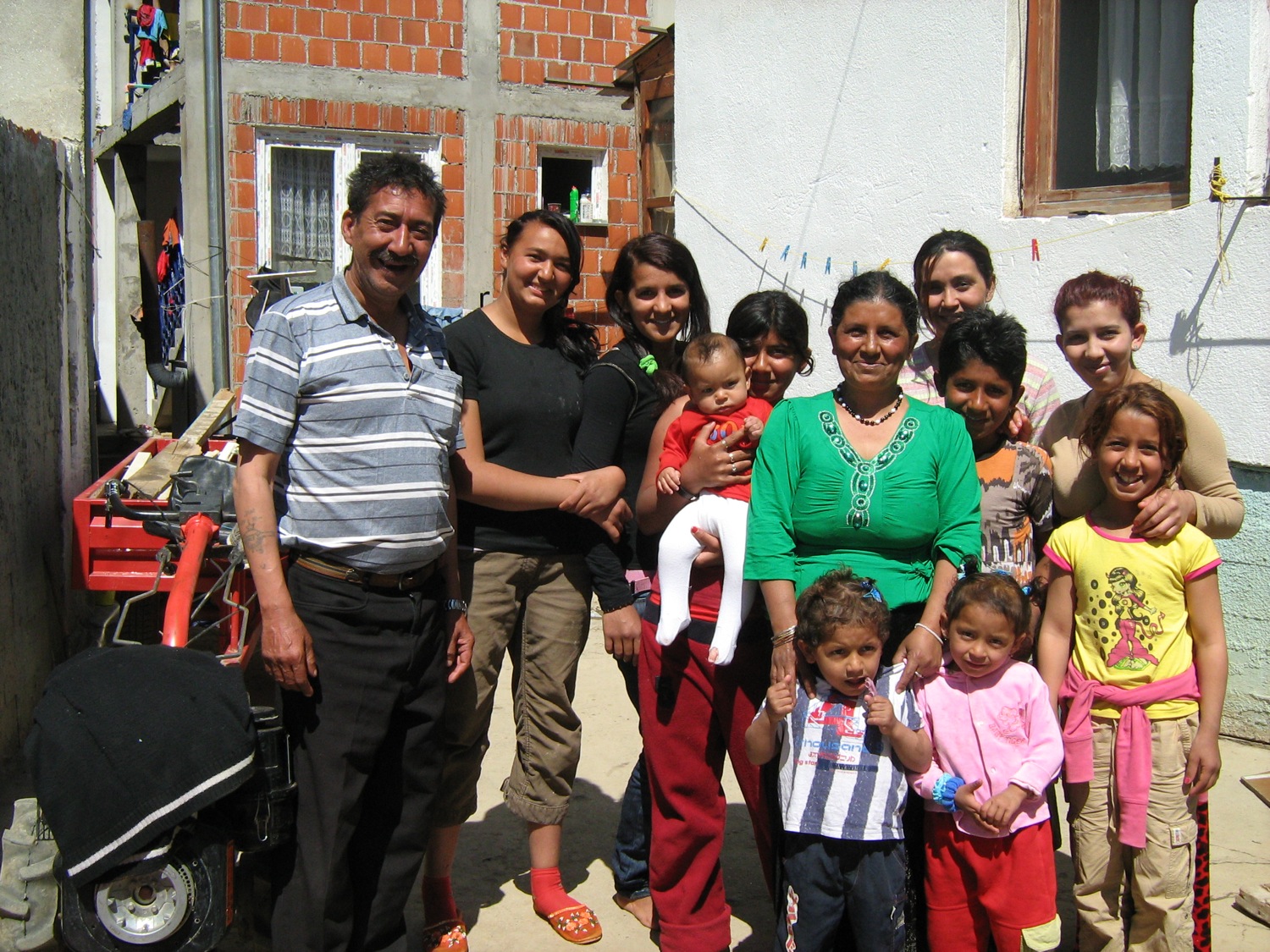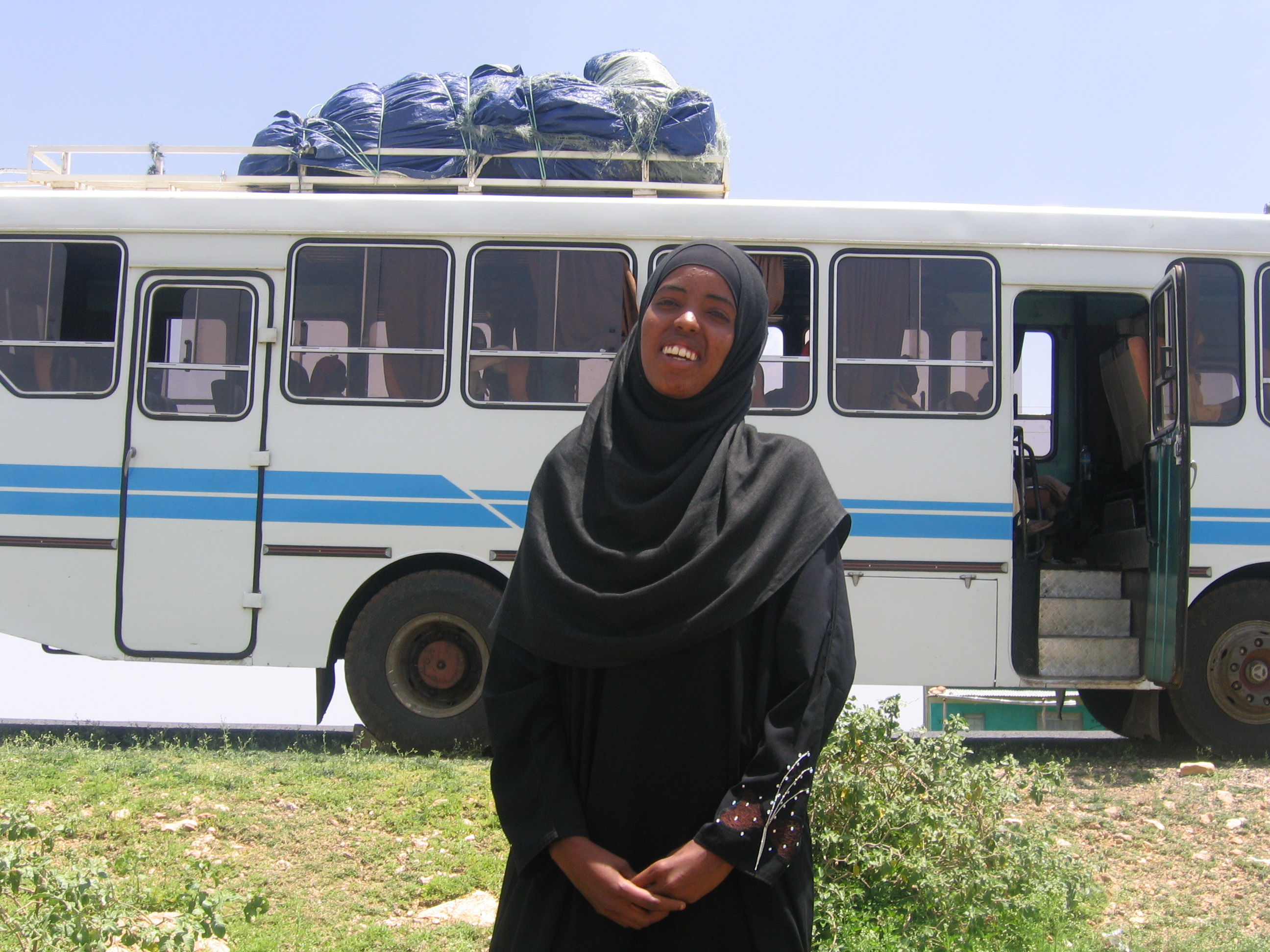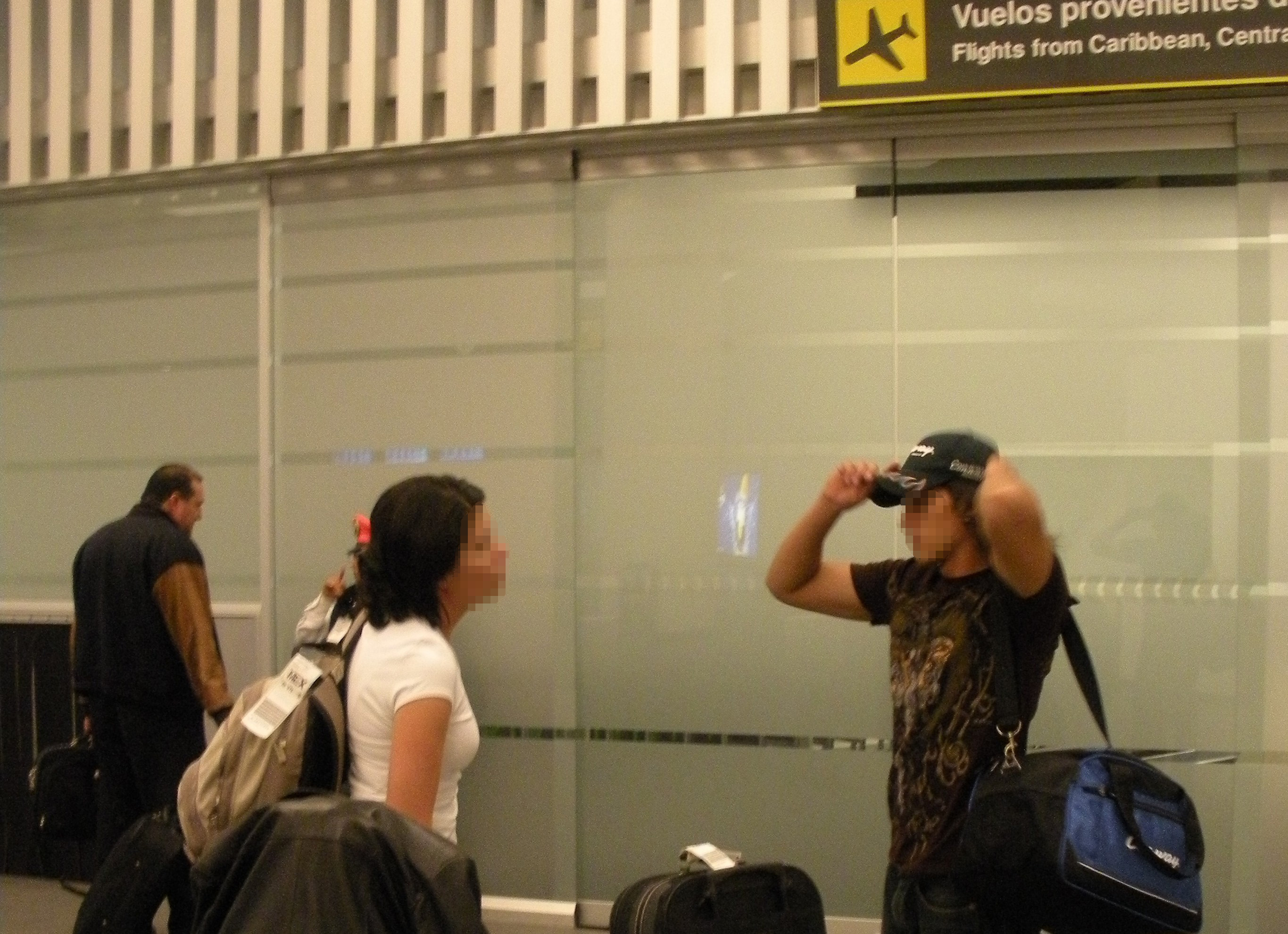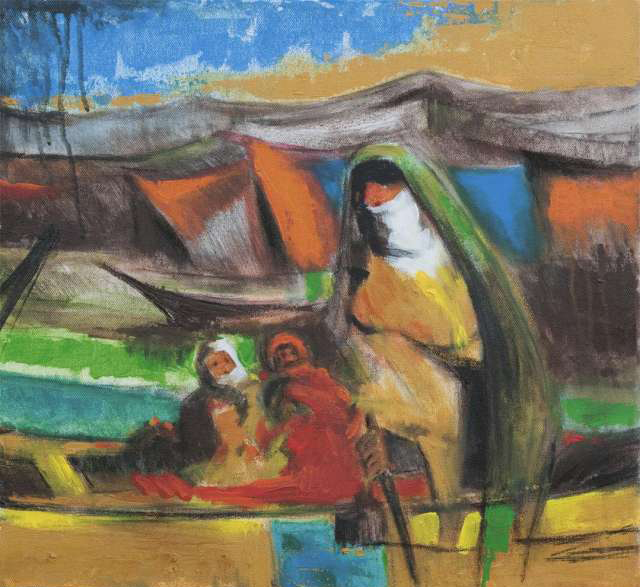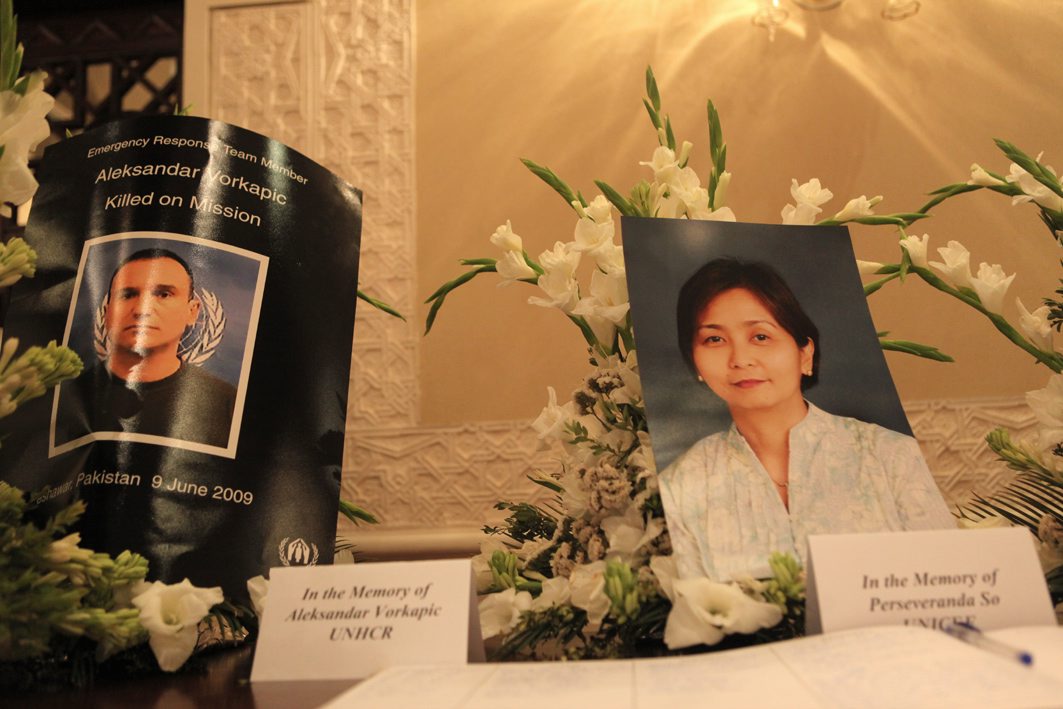A lucky Afghan refugee family finds a home in Pakistan
A lucky Afghan refugee family finds a home in Pakistan
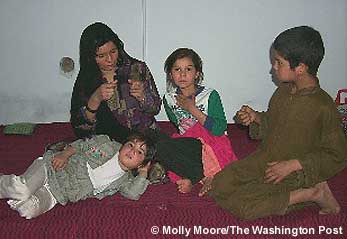
QUETTA, Pakistan (UNHCR) - Fazli Ahmad recalls seeing his neighbours in the Afghan city of Kandahar run in all directions when they heard a broadcast on the BBC reporting that the United States was going to attack his country.
"We heard that Usame Bin Laden had attacked America and therefore America wanted to attack Afghanistan," the 11-year-old boy recalled in Quetta, where he and his family repaired for safety. "Some of our neighbours fled to Pakistan, others to Iran, others to the countryside."
Before the attacks on the World Trade Center and the Pentagon, Fazli Ahmad lived with his mother, Saima, 30, who is mute, and two of his sisters, Nasima, 9, and Rangina, 4, in a tiny room in a house belonging to another family in the Afghan city of Kandahar.
Kandahar, in southern Afghanistan, is the home of the ruling Taliban. Refugees from the area say the city was in panic, as many residents fled to other villages or the Pakistani border to avoid what they believed would be an imminent American attack following the destruction of the World Trade Center and the attack on the Pentagon.
Refugees who fled the city said that just hours after the BBC radio broadcast the streets around the offices and houses of the Taliban leadership resembled a ghost town.
"In school in Kandahar we had Iranian books," Fazli Ahmad recalled. "But when the Taliban entered we hid those books and showed them other books ... which contained poems about Taliban victories. My sister couldn't go to school."
When the twice-widowed Saima saw people fleeing she went to a community leader and told him she too wanted to leave. "Everyone is leaving," she said, "but I can't afford to." The man collected about $15 for the family, allowing them to travel by vehicle to Chaman on the Pakistani border with her remaining son and two daughters. A second son, Janan, 6, was stolen a year ago by her second husband's first wife.
"There's no freedom for women," Saima, who uses only one name, told UNHCR aid workers through sign language. "We have no permission to go out without a muharram [a close male relative]. I'm a widow, what could I do?"
With the $15, the family set off for the Pakistani border, unable to pack their meagre belongings.
"The Taliban were stopping everyone at a place called Wish," Fazli Ahmad said. "But close to the border the crowd outnumbered the Taliban and pushed them aside. Then we were stopped by the Pakistani border guards. One person was injured, he had blood streaming from his head."
The boy said the Pakistani guards asked for their papers, forcing him to explain that his mother, Saima, could not talk because she is mute. "So they turned a blind eye and let us cross with a group of people who did have papers."
When they finally reached Quetta, Saima was so desperate that she offered her three remaining children to anyone who would take them, saying she could not afford to feed them. In Kandahar, the mother cleaned houses, washed clothing, and begged in the streets, earning about five dollars a month. Fazli Ahmad earned an additional two dollars a month working in a shop, but in Quetta they had no income.
Although Sakhina, Saima's 16-year-old daughter who had been adopted by a cousin of her first husband, lived in Quetta, the family spent their first night in a Shia mosque because they did not know the girl's whereabouts.
Then luck struck.
"When they were in the mosque, my cousin went to pray there and saw Fazli Ahmad and recognised him," said Bibi Siddika, the woman who had adopted Sakhina when the girl was seven. "Since they had no relatives here, besides Sakhina, I took them in. I don't have any sons, I'm a widow myself."
By Rupert Colville
UNHCR Quetta



